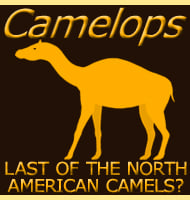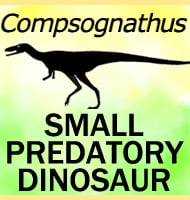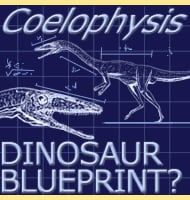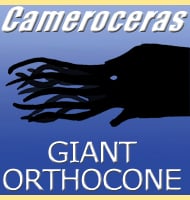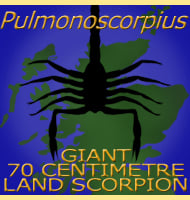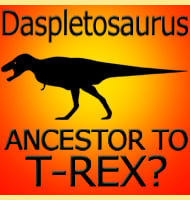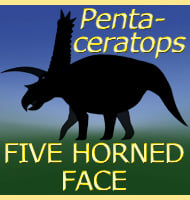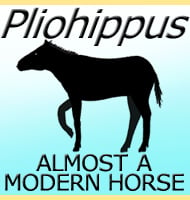In Depth
Camposaurus is very similar in appearance to the far more famous Coelophysis, so much so in fact that for just over ten years after the genus was named there was a lot of speclation that the genus was probably synonymous with Coelophysis. This speculation ended in 2011 however after a study by Martin Ezcurra and Stephen Brusatte clearly identified autapomorphies in the leg which are not seen in Coelophysis. The conclusion is that while Camposaurus is superficially similar to Coelophysis, it is still different enough to be a distinct genus. Camposaurus is also regarded as one of if not ‘the’ oldest neotheropod dinosaurs, the sub group of the Theropoda that would go on to develop all of the more advanced theropod dinosaurs.
Camposaurus would have been a small lightweight predator that probably focused upon hunting smaller animals such as lizards as well as possible juveniles of other dinosaurs. Due to the small size however, Camposaurus would have had to stay out of the way of potentially other larger dinosaurian predators, and most certainly out of the way of large rauisuchians such as Postosuchus that were hunting in the same locations and at the same approximate time as Camposaurus.
Further Reading
- Late Triassic dinosaurs from the western United States. - G�obios 31(4):511-531. - A. P. Hunt, S. G. Lucas, A. B. Heckert, R. M. Sullivan & M. G. Lockley - 1998. - Taxonomic and phylogenetic reassessment of the early neotheropod dinosaur Camposaurus arizonensis from the Late Triassic of North America. - Palaeontology 54 (4) pp 763-772. - Martin Ezcurra & Stephen L. Brusatte - 2011.

